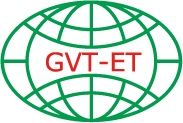Blogs & News
We are focus on automotive wiring harness & connectors technology.
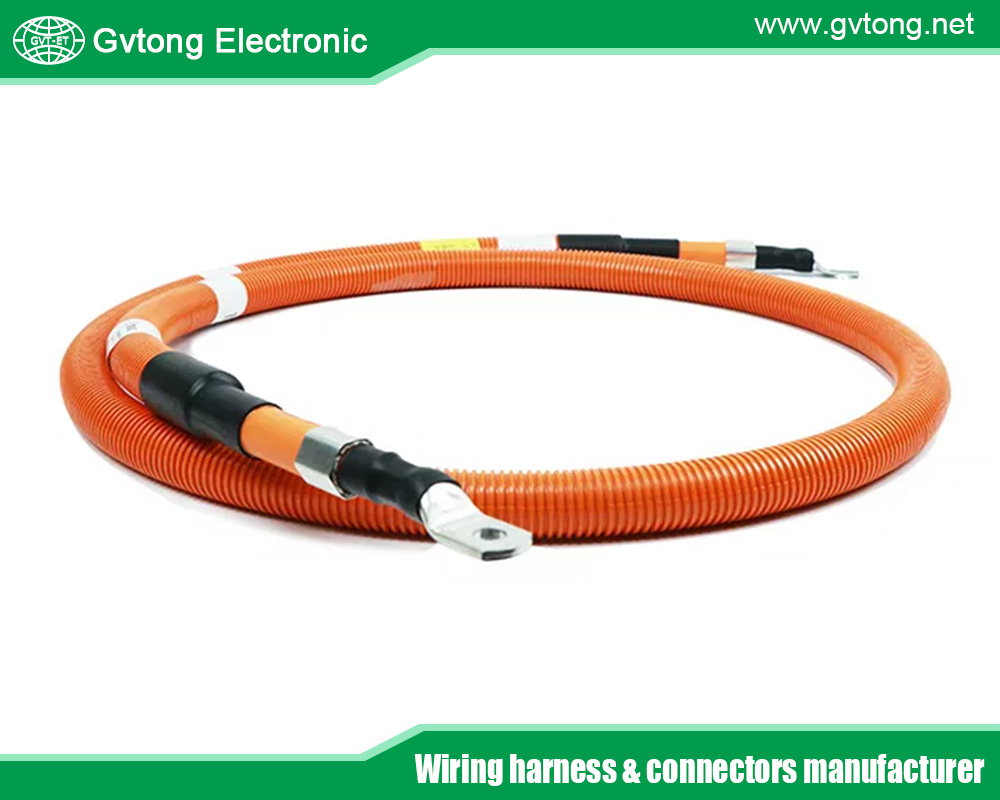
Electric Vehicle EV Connector Supplier: A Comprehensive Overview
- Gvtong Electronic
- 48V board net connectors, ADAS sensor connectors, Anti-vibration automotive connectors, Automated assembly connectors, automotive diagnostic connector, automotive hybrid connector, Automotive shielded connectors, automotive waterproof connectors, Automotive-grade AEC-Q200 connectors, Battery management system (BMS) connectors, best electric vehicle EV connector supplier, Blind-mate automotive connectors, Cost-effective automotive connectors, Electric Vehicle Connector, electric vehicle connector factory, electric vehicle connector manufacturer, electric vehicle connector market, electric vehicle connector supplier, Electric Vehicle EV Connector, electric vehicle EV connector supplier, EV charging connectors, EV connector market, Halogen-free automotive connectors, High-speed data connectors, High-temperature resistant connectors, Low-contact resistance connectors, Modular automotive connectors, Multi-variation connectors, Oil-resistant automotive connectors, Recyclable material connectors, Redundant safety connectors, Thermal management connectors, Wireless charging connectors
- No Comments
Electric Vehicle EV Connector Supplier: A Comprehensive Overview
Electric vehicles (EVs) are rapidly transforming the global transportation landscape, offering a cleaner and more sustainable alternative to traditional fossil fuel-powered vehicles. At the heart of this revolution lies a critical yet often overlooked component: the EV connector. These connectors serve as the vital link between electric vehicles and charging stations, enabling the transfer of power to recharge EV batteries. As the EV market continues to grow, the role of EV connector suppliers becomes increasingly significant. This article provides an in-depth exploration of EV connectors, the types and standards that dominate the industry, the key suppliers driving innovation, the technical specifications and safety requirements, and the future trends and challenges shaping this dynamic sector.
EV connectors, also referred to as charging plugs or couplers, are the physical interfaces that connect electric vehicles to charging infrastructure. They play an essential role in ensuring that EVs can recharge efficiently and safely, making them a cornerstone of the EV ecosystem. The design, functionality, and compatibility of these connectors vary widely depending on factors such as the charging standard, vehicle manufacturer, and regional preferences.
The importance of EV connectors cannot be overstated. As EV adoption accelerates—driven by government incentives, environmental concerns, and advancements in battery technology—the demand for reliable, standardized, and high-performance connectors is surging. Suppliers of these components are tasked with meeting the needs of a rapidly evolving market while navigating technical, regulatory, and logistical challenges.
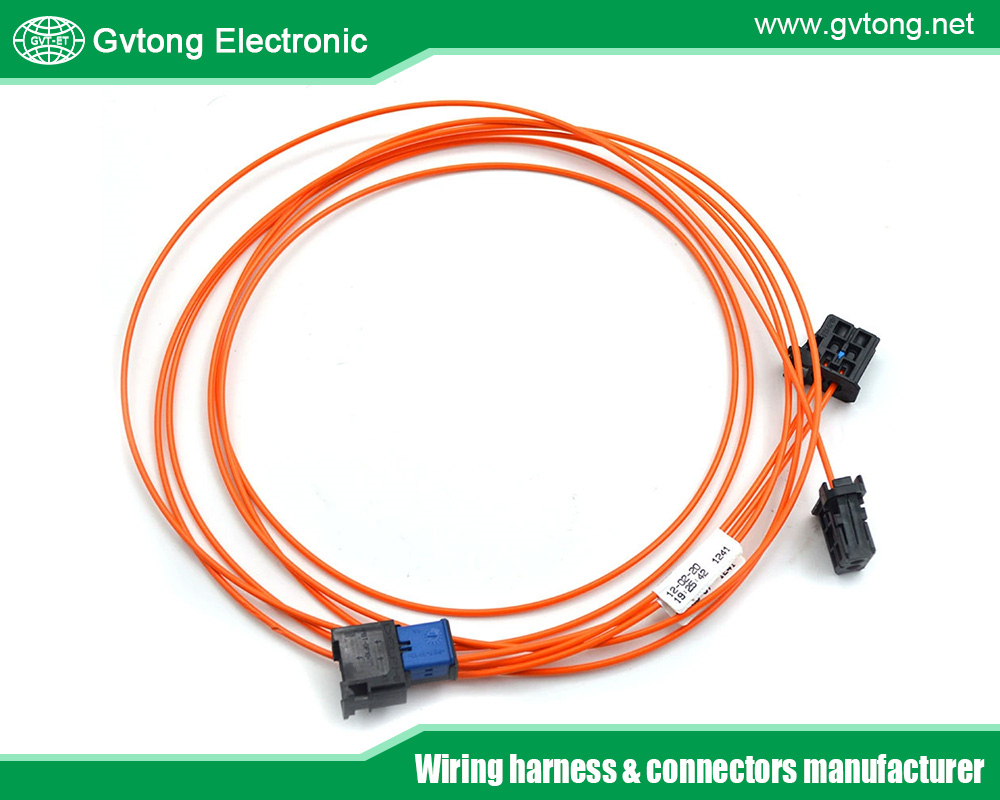
Types and Standards of EV Connectors
The world of EV connectors is characterized by a variety of standards, each tailored to specific charging needs and regional markets. Understanding these standards is key to appreciating the complexity of the EV connector supply chain. Below are the most prominent types of EV connectors and their associated standards:
- CHAdeMO
- Origin: Developed by a consortium of Japanese automakers, including Nissan and Mitsubishi.
- Features: A fast-charging DC (direct current) standard, CHAdeMO is widely used in Japan and parts of Europe. It supports high-power charging, typically up to 100 kW, with some newer versions reaching 400 kW.
- Adoption: Popular among early EV models like the Nissan Leaf, though its use is declining in favor of more universal standards.
- Combined Charging System (CCS)
- Origin: A collaborative effort by European and American automakers.
- Features: CCS integrates AC (alternating current) and DC charging into a single connector, offering versatility and high-power capabilities (up to 350 kW). It comes in two variants: CCS1 for North America and CCS2 for Europe.
- Adoption: Rapidly becoming the global standard, supported by brands like Volkswagen, BMW, and Ford.
- Tesla Supercharger
- Origin: Proprietary technology developed by Tesla.
- Features: Designed exclusively for Tesla vehicles, this connector supports ultra-fast charging (up to 250 kW) and integrates seamlessly with Tesla’s Supercharger network.
- Adoption: Limited to Tesla’s ecosystem, though Tesla has opened some Supercharger stations to non-Tesla EVs in select regions, often using adapters.
- GB/T
- Origin: China’s national standard for EV charging.
- Features: Includes separate connectors for AC and DC charging, with DC versions supporting high-power fast charging (up to 250 kW).
- Adoption: Mandatory for all EVs sold in China, the world’s largest EV market, making it a dominant player globally.
- Type 1 (SAE J1772)
- Origin: Standardized by the Society of Automotive Engineers (SAE) in North America.
- Features: Used for Level 1 (120V) and Level 2 (240V) AC charging, with a maximum power output of around 19 kW.
- Adoption: Common in North America and Japan, though largely being phased out for DC fast charging in favor of CCS1.
- Type 2 (IEC 62196)
- Origin: Standardized by the International Electrotechnical Commission (IEC) in Europe.
- Features: Supports single-phase and three-phase AC charging, with power levels up to 43 kW.
- Adoption: The de facto standard for AC charging in Europe, used by a wide range of EV manufacturers.
These standards reflect the fragmented yet interconnected nature of the global EV market. Each connector type has unique pin configurations, voltage ratings, and communication protocols, which suppliers must account for in their designs.
Key Players in the EV Connector Supply Market
The EV connector market is a competitive space populated by a mix of established industrial giants and specialized manufacturers. These suppliers are responsible for producing connectors that meet the diverse needs of automakers, charging station operators, and consumers. Here are some of the leading companies in the field:
- Phoenix Contact
- Headquarters: Germany
- Specialty: Offers a broad portfolio of EV charging connectors and cables compliant with global standards like CCS and CHAdeMO.
- Strengths: Known for high-quality engineering and innovation in electrical connection technology.
- Yazaki Corporation
- Headquarters: Japan
- Specialty: A major automotive parts supplier, Yazaki produces connectors for various EV charging standards.
- Strengths: Strong presence in the Asian market and deep ties with Japanese automakers.
- TE Connectivity
- Headquarters: Switzerland
- Specialty: Provides a wide range of connectivity solutions, including EV charging connectors for AC and DC applications.
- Strengths: Global reach and expertise in high-performance electrical components.
- Amphenol
- Headquarters: United States
- Specialty: Supplies interconnect products, including EV connectors for both AC and high-power DC charging.
- Strengths: Reputation for durability and reliability in demanding applications.
- ITT Cannon
- Headquarters: United States
- Specialty: Focuses on rugged, high-power connectors for EV charging.
- Strengths: Expertise in harsh-environment solutions, appealing to industrial and heavy-duty EV markets.
- Siemens
- Headquarters: Germany
- Specialty: Offers EV charging solutions, including connectors and full charging stations.
- Strengths: Broad electrification portfolio and strong R&D capabilities.
- ABB
- Headquarters: Switzerland/Sweden
- Specialty: A leader in EV charging infrastructure, ABB produces connectors and stations for various applications.
- Strengths: Pioneering work in high-power charging and global market presence.
These companies are driving innovation by developing connectors that support faster charging, greater durability, and enhanced safety features. Many also collaborate with automakers and governments to shape the future of EV charging infrastructure.
Technical Specifications and Safety Standards
EV connectors are highly technical components that must meet rigorous specifications to ensure performance and safety. Key technical aspects include:
Voltage and Current Ratings
- Connectors for DC fast charging must handle voltages up to 1,000V and currents exceeding 500A, delivering power levels of 350 kW or more.
- AC connectors typically operate at lower power levels (e.g., 7-43 kW), requiring less robust designs.
Pin Configurations
- The layout of pins determines the connector’s functionality. For example, CCS connectors include pins for both AC and DC power, plus additional pins for communication.
Communication Protocols
- Connectors use protocols like CAN (Controller Area Network) or PLC (Power Line Communication) to enable data exchange between the vehicle and charger, ensuring proper charging and safety.
Environmental Protection
- Connectors are exposed to outdoor conditions, so they must meet IP (Ingress Protection) ratings like IP67 to resist water, dust, and extreme temperatures.
- Safety is paramount, and suppliers must comply with standards set by organizations such as:
- IEC (International Electrotechnical Commission): Governs global EV charging standards.
- SAE (Society of Automotive Engineers): Sets standards for North America, including SAE J1772.
- UL (Underwriters Laboratories): Certifies safety for EV charging equipment.
These standards ensure that connectors are safe, interoperable, and reliable across different systems and regions.
Future Trends and Challenges
The EV connector market is evolving rapidly, driven by technological advancements and market demands. Here are some key trends and challenges:
Trends
- Standardization: Efforts to unify charging standards (e.g., CCS as a global leader) aim to simplify infrastructure and improve user experience.
- High-Power Charging: Connectors capable of 500 kW+ are in development to support larger EV batteries and reduce charging times.
- Wireless Charging: Emerging technology could replace physical connectors, though it faces hurdles in efficiency and cost.
- Smart Features: Connectors are integrating IoT capabilities for real-time monitoring, authentication, and grid integration.
Challenges
- Supply Chain Issues: Global shortages of semiconductors and raw materials like copper impact production.
- Material Costs: Rising demand for metals and rare earth elements drives up costs and risks shortages.
- Regulatory Complexity: Suppliers must navigate varying standards and certifications across regions.
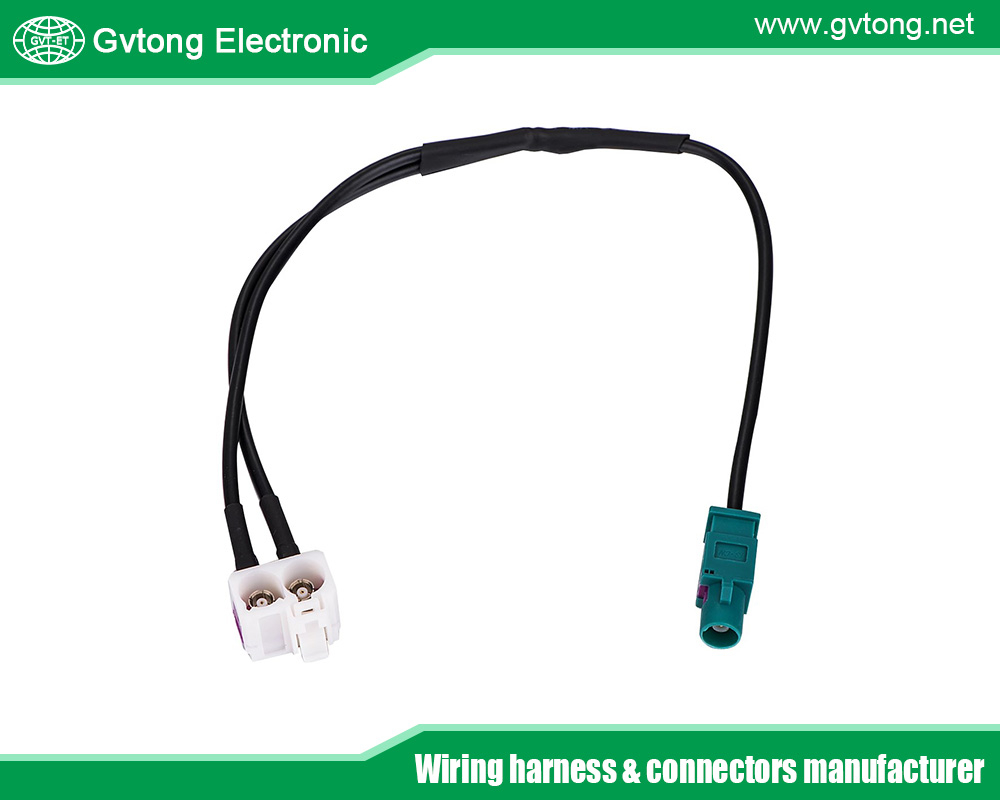
Conclusion
EV connectors are the unsung heroes of the electric vehicle revolution, enabling the seamless transfer of power that keeps EVs on the road. Suppliers like Phoenix Contact, TE Connectivity, and ABB are at the forefront of this industry, delivering innovative solutions to meet the demands of a growing market. As the EV sector expands—projected to reach a global market size of $1 trillion by 2030—the role of connector suppliers will only grow in importance. By addressing technical challenges, embracing new trends, and ensuring compliance with safety standards, these companies are paving the way for a more electrified future.
For more about the best electric vehicle EV connector supplier: a comprehensive overview, you can pay a visit to Gvtong at https://www.gvtong.net/ for more info.
Recent Posts
How to Diagnose and Repair Automotive Signal Connector Failures
How to Install and Maintain Low Pressure Automotive Connectors
Heat Shrink vs. Crimp: Choosing the Right 12V Car Wire Connector
Best 12V Automotive Wire Connectors for Reliable Electrical Connections
Tags
Recommended Products
-
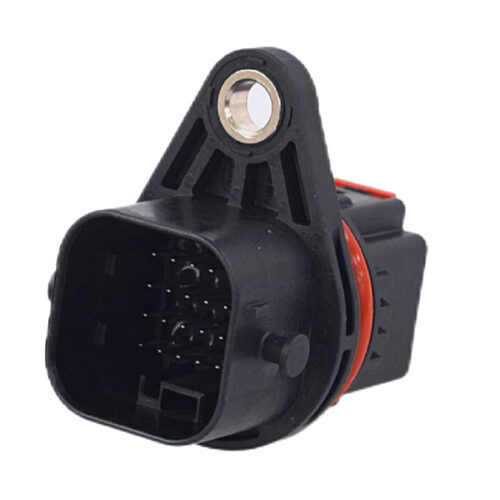
GE Series-24-core cylinder connector
-
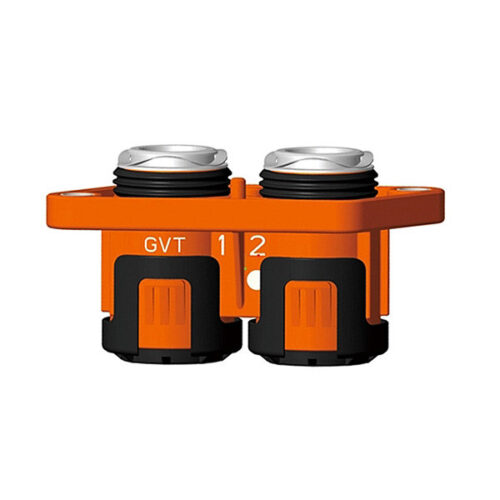
GIPT two-core wiring connector
-
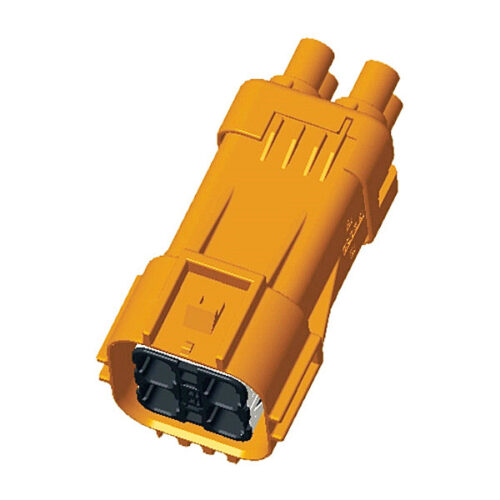
High voltage connector-GH630 series-4P
-
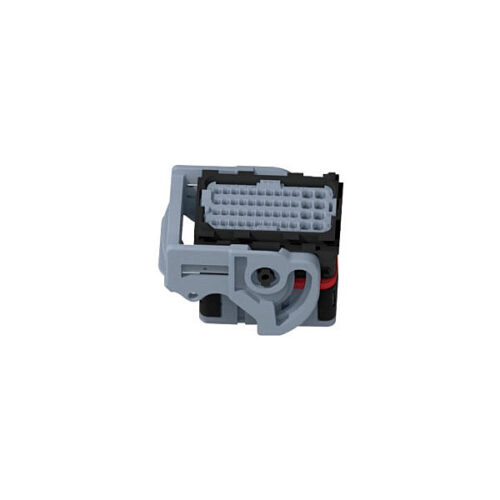
Low voltage connector-48 core socket + plug
-
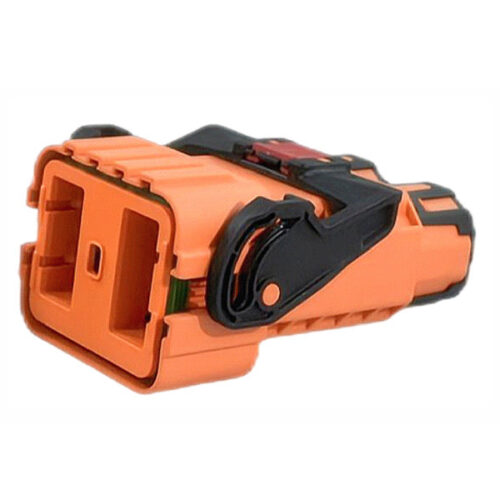
GH Series-HV6-2-core Plastic High Voltage Connector
-
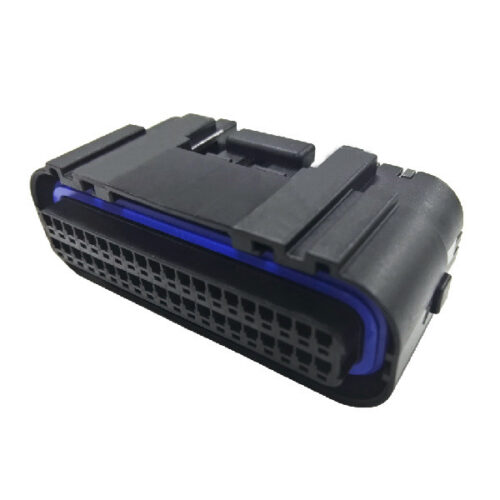
GE Series-34/40-core double-row signal connector
-
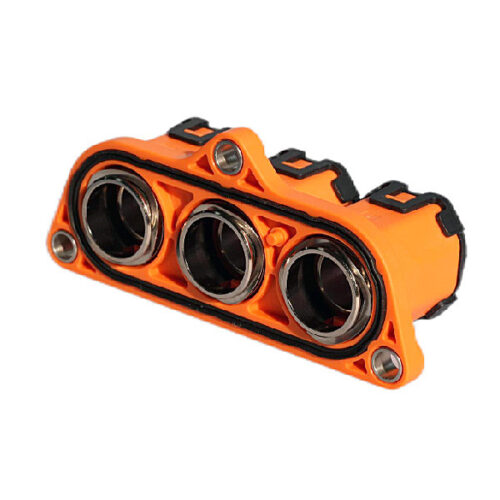
GVPT 3-core wiring connector
-
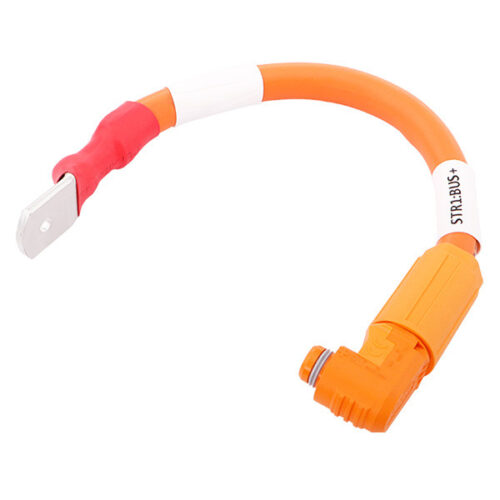
Energy storage wiring harness
